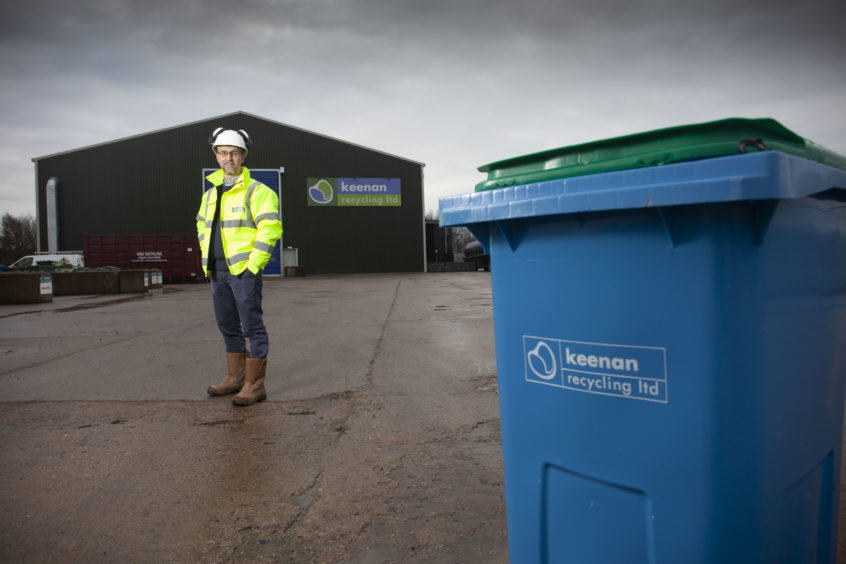
With the energy industry preparing for COP26 later this year, it’s easy to forget that responsibility does not just fall to the heavy-weights.
In recent years, a range of organisations and businesses have stepped up to address climate change among society, helping to educate and change behaviours in relation to polluting our environment, while seizing the opportunity of renewables and energy storage.
At Keenan Recycling, we have long worked to help customers and partners understand the potential impact that climate change may have on their business, and how they can play their part in reducing their carbon footprint. For us, it’s all about educating our customers about the environmental benefits of recycling food waste.
At present, roughly one quarter of man-made greenhouse gas emissions are created by leftovers and surplus food going to landfill. As food rots and degrades, it releases methane gases which are 28 times more harmful than carbon dioxide (CO₂) in terms of trapping heat in the atmosphere – making it the second-largest cause of global warming after CO₂.
According to the Food and Agriculture Organization (FAO) of the United Nations, if food waste was a country, it would be the third highest emitter of greenhouse gases after the US and China, and a worse threat to our environment than plastic waste.
And in the International Energy Agency’s latest edition of its annual Methane Tracker, it reported that emissions need to fall 70% over the next decade, a reduction equivalent to eliminating CO₂ emissions from all cars and trucks across Asia.
Countries and corporations will make commitments on methane in their updated pledges this November. But it’s not just about the big guys – even small businesses and organisations, who don’t feel part of these talks can make a pledge.
And the simplest, most cost effective way to take action on this is to move from away from landfill. Whether this is home composting, anaerobic digestion or energy from waste, whatever you do is better than landfill. So, if your leftovers currently go in the bin, it’s worth considering whether you can change that.
Following funding of over half a million pounds from the Zero Waste Scotland’s Circular Economy Investment Fund, we’ve focused our approach on turning organic commercial waste into green energy. The biogas produced via anaerobic digestion plants that we supply, can then be extracted and used for electricity, gas to grid, heating or even as biomethane for transport. Furthermore, there is absolutely no waste, as the by-product left behind, called digestate, is removed and spread to agricultural land as an organic fertiliser.
With green energy now regarded as the second most important renewable source, ahead of wind and solar, COP26 should be an opportunity for countries, governments and companies to include methane emissions in their promises to lower their environmental footprints in order to slow down climate change.
By choosing to responsibly manage and dispose of food waste, firms can make a huge difference to the planet. This method of recycling not only helps reduce harmful emissions into the ecosystem, but also lessens the need for further use of fossil fuels and becomes a significant contributor to the circular economy.
This is the opportunity we’ve been waiting for to raise ambitions and ignite further conversations, not only on CO₂ but also on methane, and how we can all choose to lower these emissions, just by recycling rather than binning that plate of leftovers!
Recommended for you
